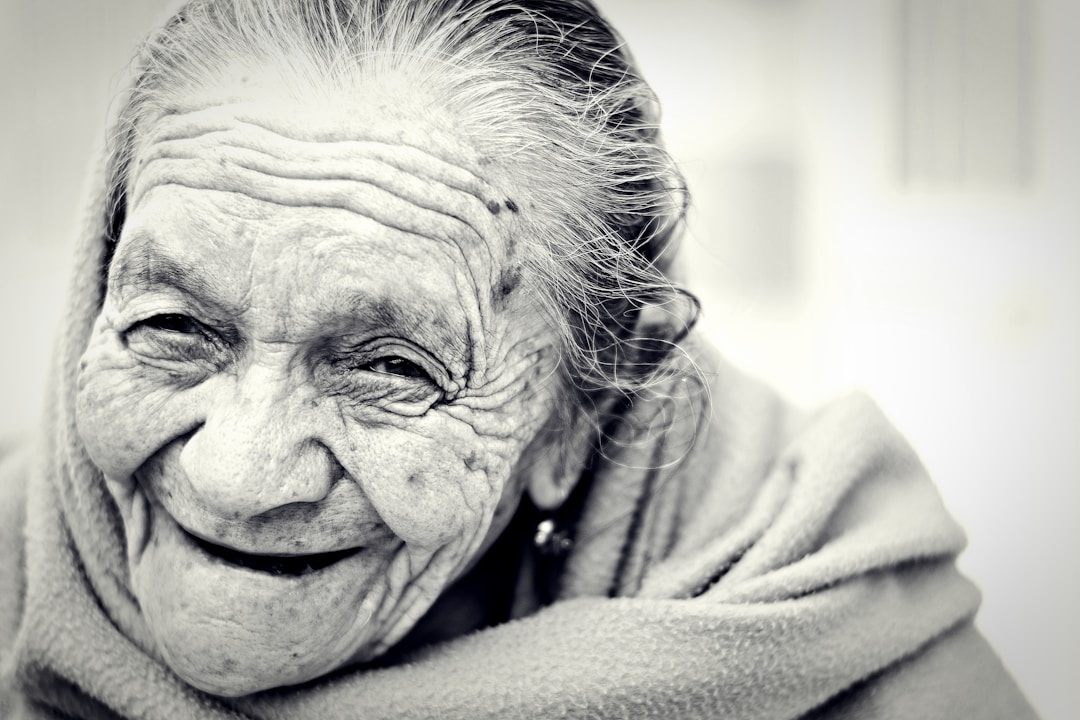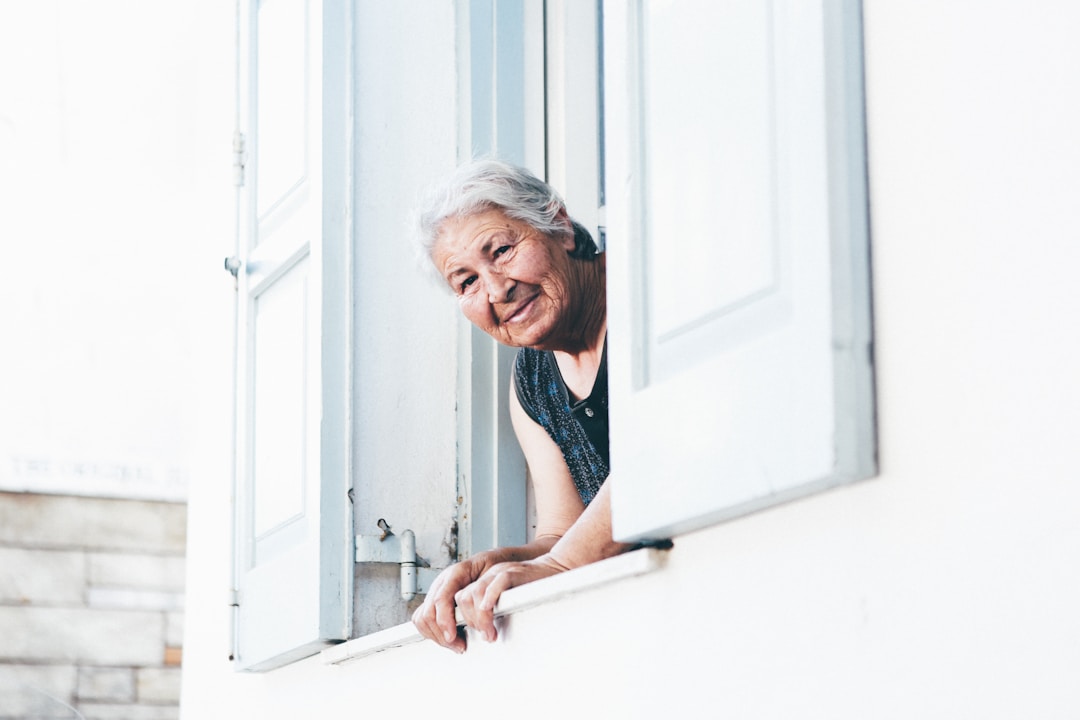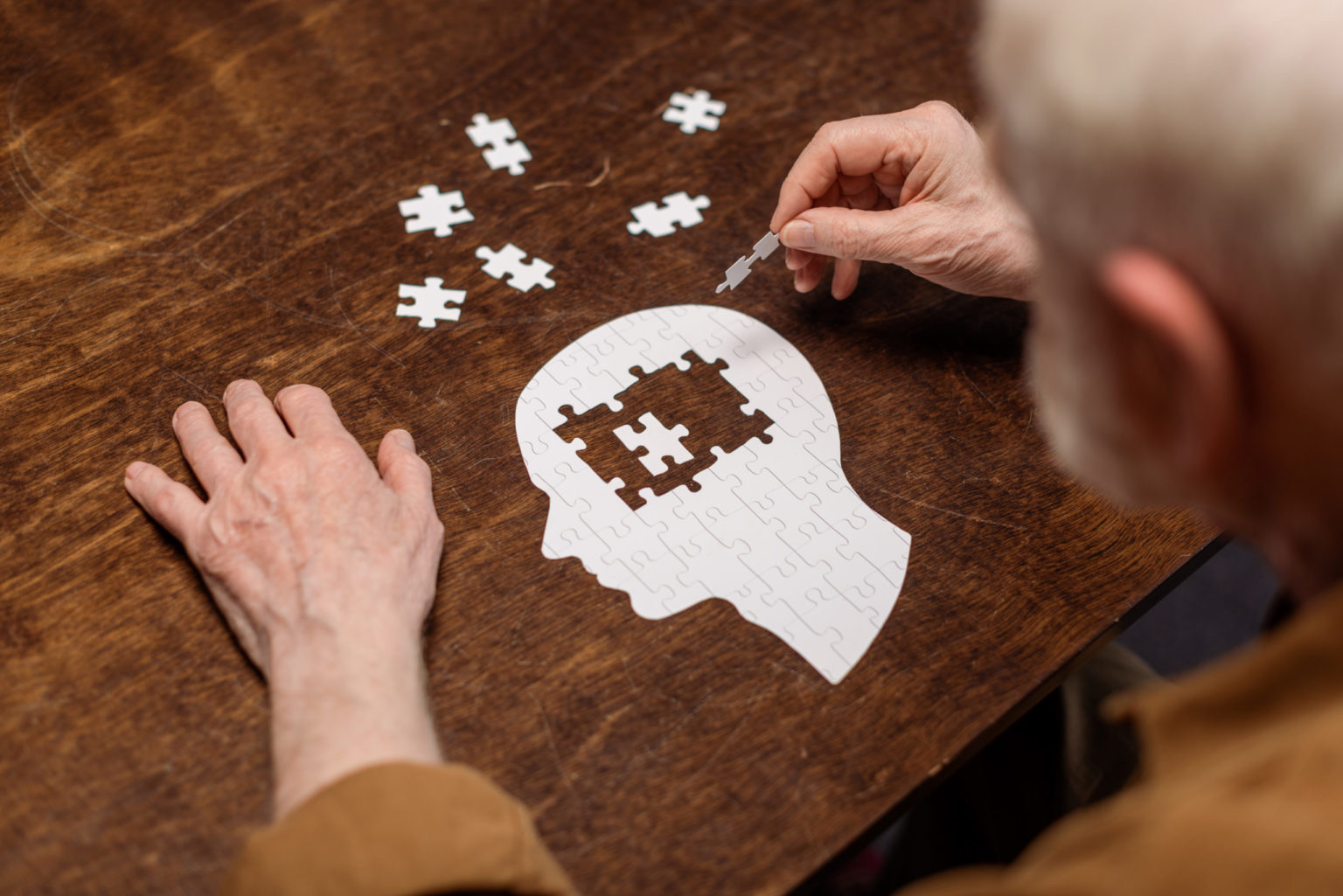Currently, more than 55 million people live with dementia worldwide. This heartbreaking condition leads to deterioration in cognitive function beyond the normal changes as one age, as it is more than average forgetfulness or confusion. It is currently the seventh leading cause of death among all illnesses and is one of the major causes of the need for dependency for the elderly. When caught early, dementia can be treated, and proper health care can lessen the pain and confusion that often accompanies this disease.
If you’re asking yourself, “What are the 7 stages of dementia?“, then it is likely someone in your life is currently showing signs of potential dementia, and it is important to know what the first signs are. Below is a rundown of the seven stages of dementia.
1. Little or No Changes

During the first stage, there are little to no signs of dementia in your loved one, but perhaps they are reaching the common age of 84 years old, and if there is a history of this disease in your family, it is crucial to stay alert and aware of their cognitive function and behavior.
2. Memory Loss
Here, you may notice your loved one has difficulty finding the right words or substituting one word for another that is similar. However, there are no significant negative changes in their cognitive function. During these times, it is best to begin blood tests to ensure all levels are healthy and to continue regular activities of daily living.
3. Mild Cognitive Impairment
Around stage three, you may see mild changes including forgetfulness, difficulty finding the correct words, or having trouble paying attention at times. Subtle changes may seem unassuming to others, but in order to combat dementia in the best way possible for your elderly loved one, stay aware of the changes in the way to prevent cognitive decline.
4. Moderate Cognitive Decline

In this stage, your loved one will remember important people, facts, and memories but may forget where they leave items like their keys or sunglasses. They may also forget recent events or scheduled appointments. Now is the time to begin speaking with your loved one about the possibility of dementia and consider memory tests and regular visits to your health care professional. Moderate personality changes will slowly arise as mental decline begins.
5. Moderately Severe Cognitive Decline
Your loved one will begin to show signs of personality changes, and mood swings will occur. They may have memory loss of important dates and confusion about what season it is, and they may require help with dressing themselves and using the toilet. As they begin to understand the process of dementia, offer comfort in watching these nine movies about dementia.
6. Severe Cognitive Decline
The sixth stage begins to show severe personality changes and mood swings. Memory issues are greater, and some people affected by dementia may wander off and get lost as they are confused as to where they are. Difficulty speaking and a lack of awareness become prominent in their daily behavior.
7. Very Severe Cognitive Decline
This is the final stage of dementia and is the most difficult. During these times, your loved one will need assistance with most daily tasks, including dressing, eating, bathing, and using the toilet. They will have lost almost all of their ability to recognize names and faces and may have no memory at all. Oftentimes, the seventh stage is accompanied by the inability to walk, thus leading to the permanent need for a wheelchair. Hospice care is important to consider at this time as extensive assistance is needed.
If you think you or a loved one may be showing signs of dementia, talk to your doctor. The sooner the disease is diagnosed, the sooner treatment can start.







